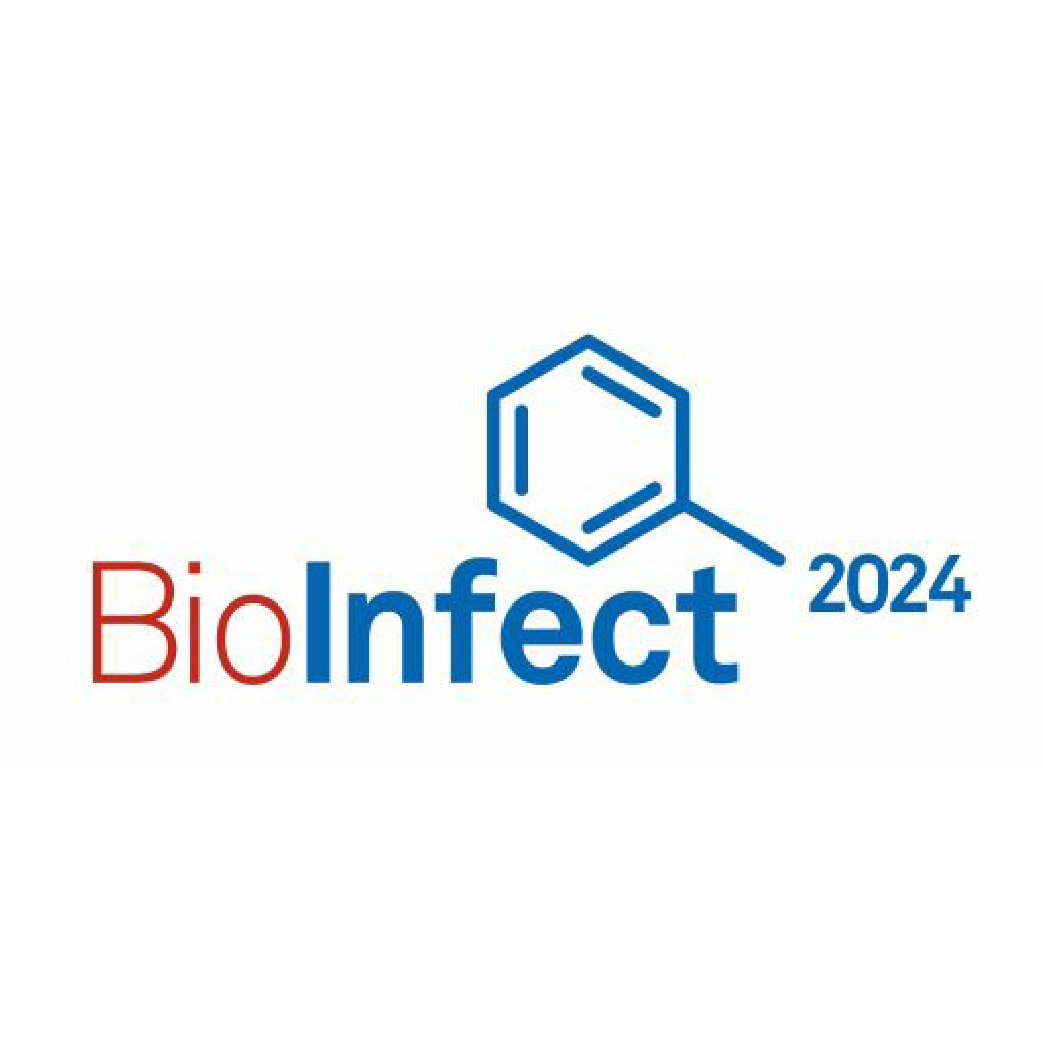BioInfect 2024 celebrates new investment zone launch

The agenda covered a range of topics, kicking off with a welcome address from Mayor of the Liverpool City Region, Steve Rotherham, sharing investment plans for the life sciences sector, before the official launch of the Liverpool City Region Investment Zone in Health and Life Sciences, after which panel sessions examined the state of the AMR nation, investing in AMR, the UK Antimicrobial Products Subscription Model and what's in the pipeline.
The winners of the poster competition were also announced, with congratulations to CCI Photonics for their abstract titled: A new technology for rapid detection of antimicrobial resistant infections, and Manchester Metropolitan University for their poster, Exploring the Trichuris peptidome as a source of novel antimicrobials.
BioInfect welcomed three expert keynote speakers for this year’s conference: iiCON Founding Director, Prof Janet Hemingway, presenting the launch of the Liverpool City Region Investment Zone; chief economist and chair of the UK's Independent Review into Antimicrobial Resistance, Lord Jim O'Neill; and F2G’s Chief Medical Officer and antimicrobials specialist, John H Rex, with more than 40 years of development and policy experience focused on antimicrobial agents.
The first keynote by Prof Janet Hemingway explained the relevance of the new investment zone (the second to be announced to focus on health and life sciences) to AMR, with its provision of £80m in investment for skills and infrastructure; major investments in a Category 3 robotics, AI and machine learning facility for early-stage drug discovery; the unlocking of £320m in private investment; and SME support through a network of local providers.
The speech also highlighted the work of the iiCON Infection Innovation Consortium, with a programme total of more than £250m supporting areas including human challenge models, novel metal coating technology, vaccine development, diagnostics and bringing disruptive technologies to AMR research.
John H Rex provided his insights on the progress made in AMR research over the last twenty years during his interview for the second keynote. He applauded the development of the subscription model in the UK, which is now at the point of drugs reaching the market and being purchased using this scheme with the European Commission pushing to replicate this across the EU member states, as well as the increased support of the Pasteur Act in the USA and an improved political response to AMR globally. It was also noted that progress has been extraordinary but slow.
Commenting on public awareness of the issue, John was confident that the concept of the consequences of having an infectious disease without a drug to treat it off the back of the COVID pandemic has resonated, and his experience of interacting with young staffers in central government in Washington DC in particular revealed that they were very well versed in healthcare policies. He was also seeing reports from the G7 health and finance ministers focusing on AMR as an issue and that it had transcended global political boundaries.
The third and final keynote by Lord Jim O’Neill referred to his 2015 report which predicted 10 million deaths from AMR by 2050, with subsequent reports by other organisations supporting these figures. It was also revealed that supplements to this report are to be released by the end of this year.
The keynote identified some areas of progress in the last decade, namely the development of the UK subscription model despite erratic governments, the unexpected “Shake Shack” effect and the popularisation of using antibiotic-free meat leading to the reduction of antibiotics being used in agriculture, and increased use of push incentives at early-stage drug development, albeit with pull incentives at the later stages needing to catch up.
Key points on improving understanding of AMR were also highlighted, such as increasing public awareness by treating the issue like climate change, with constant media coverage; getting AMR on death certificates as seen with COVID during the pandemic; more serious commitment from policymakers; and improving global cooperation. It was also mentioned that pharma business model rules of engagement need to change for antimicrobials as current models don’t allow companies to recoup costs, and technology and diagnostics to monitor improper use of antimicrobials need to improve, with better uptake and more progress in this area.
Lord Jim O’Neill also kindly stopped by for an interview during the day – get some bonus insights from him on AMR here.
Commenting on the successful launch of the Liverpool City Region Investment Zone and how AMR is as important an area of as ever, Dr Geoff Davison, CEO of Bionow, said: “This year has seen some excellent insights from experts in their field, with some great discussions and opportunities for collaboration. AMR research is crying out for investment, and a new Investment Zone in Health and Life Sciences will provide a real boost to companies working in this field, as well as the life sciences and biotech sector as a whole.”
BioInfect 2024 is supported by Evotec, iiCON, Bruntwood SciTech, Appleyard Lees, STFC, ReNewVax and Influential.
For sponsorship opportunities for this or any other event, please contact our Events Manager, Jesse Gray.





















